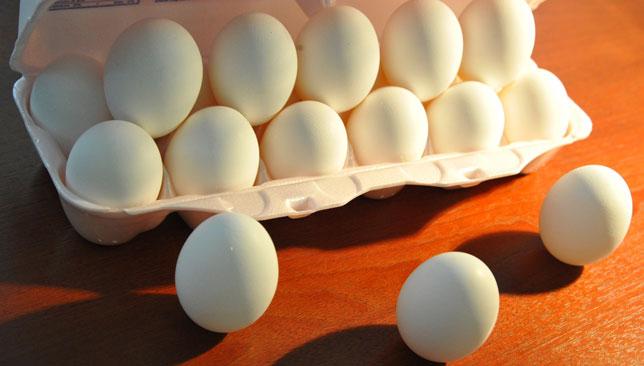
Many people are realising the benefits of eating less meat: apart from the obvious welfare of the animal, some farming practices are questionable with the use of antibiotics and hormones, type of feed and general conditions unconducive to rearing a healthy animal that will really benefit our health.
Of course, if you can find free range, organic produce, this is the most obvious choice, but there are many other sources of protein which when prepared imaginatively are not only good for your health, but safer in many respects.
One concern of a vegetarian or vegan diet is finding food that contains enough protein without overloading on carbohydrates (unused carbs will cause weight gain). Also, whilst a juicy steak will provide all the protein you require for the day, too much red meat may cause serious health issues. Even if you are a meat eater, it’s useful to have plenty of protein sources to choose from.
This is my top 10 high protein, low carbohydrate meat-free food sources:
1. Cottage Cheese: A 100g serving provides 14g of protein, a very useful amount, with 116 calories. It may be a little bland on its own, but goes well with fruit, a good base for a dip, a spread or in a baked potato.
You’ll love this Creamy Cottage Cheese Coleslaw! Perfect for cookouts. #DaisySummer Recipe http://t.co/8Rm4JhHEJQ pic.twitter.com/Pi8vv5qZdZ
— Daisy Brand Health (@DaisyHealthRD) July 28, 2015
2. Greek Yoghurt: A massive 24g of protein per cup and 140 calories! Leave the low fat, sugary varieties alone. Add to smoothies, fruit, dressings or make yourself a mango lassi.
3. Black beans: A cup provides 15g of protein. Although fairly high in calories – 215 – this shouldn’t be of concern if the other meal ingredients are lower. For example, they are a really hearty addition to a salad and can be added to soups to make a main meal.
Best lunch – sweet potato wedges, sautéed garlicky black beans, steamed broccoli & mashed avocado with lime juice! pic.twitter.com/QOpHdmux0f
— Deliciously Ella (@DeliciouslyElla) July 29, 2015
4. Eggs: 7 grams of protein in a decent sized egg and providing all the amino acids you require, these make for a very versatile and useful addition to a meat-free source of protein. They are easy to prepare and there are countless recipes for the humble egg. 80 calories is also worth noting.
5. Nuts: The protein content varies, but a handful of nuts will provide 5g or 6g of protein. They are quite high in calories – 150 to 200 per handful – but they provide other benefits such as essential fatty acids, various vitamins and minerals and fibre, making them a very healthy snack, far healthier than confectionery or cakes and biscuits.
A study found that fish, nuts and beans are the healthiest sources of #protein. http://t.co/edjQSXb2Cp #fitfam pic.twitter.com/Yxsy6MO0C4
— GymLion (@Gym_Lion) July 28, 2015
6. Seeds: Sunflower and pumpkin seeds are around the 7g protein content and are very good as a snack with some nuts and dried fruit or a topping for a salad. If you like to make your own bread, adding nuts and seeds will improve the protein content as well as the taste.
7. Quinoa: This has gained in popularity over the past couple of years as it is a good source of protein containing 8g per cup and 230 calories. Again, good in salads and a nice alternative to brown rice.
8. Chick peas: Popular in this part of the world, used in anything from hummus and falafel to an accompaniment for your poppadums or a spicy salad. One of my favourite alternatives to potatoes is a chick pea mash with onions, lemon juice and paprika. 14g of protein in a cup sized serving and only 200 calories.
Need a dinner idea? Try our salmon skewers with Moroccan chickpeas. #healthyfood #recipes http://t.co/FJ7BeeVlpB pic.twitter.com/JzjWbKLbWq
— Healthy Food Guide (@healthyfoodmag) July 29, 2015
9.Tofu: 100g of tofu provides 8g of protein and only 76 calories! On its own it’s not much, but it does soak up flavours very well.
10. Soya beans: A whopping 36g of protein per 100g and so many other nutrients too, which makes these gems a must. Tofu is made from these, but they are a popular starter (edamame) and soya milk is a very good alternative to dairy. As a dried pulse, they can be used in soups, casseroles and stews as meat free alternatives.